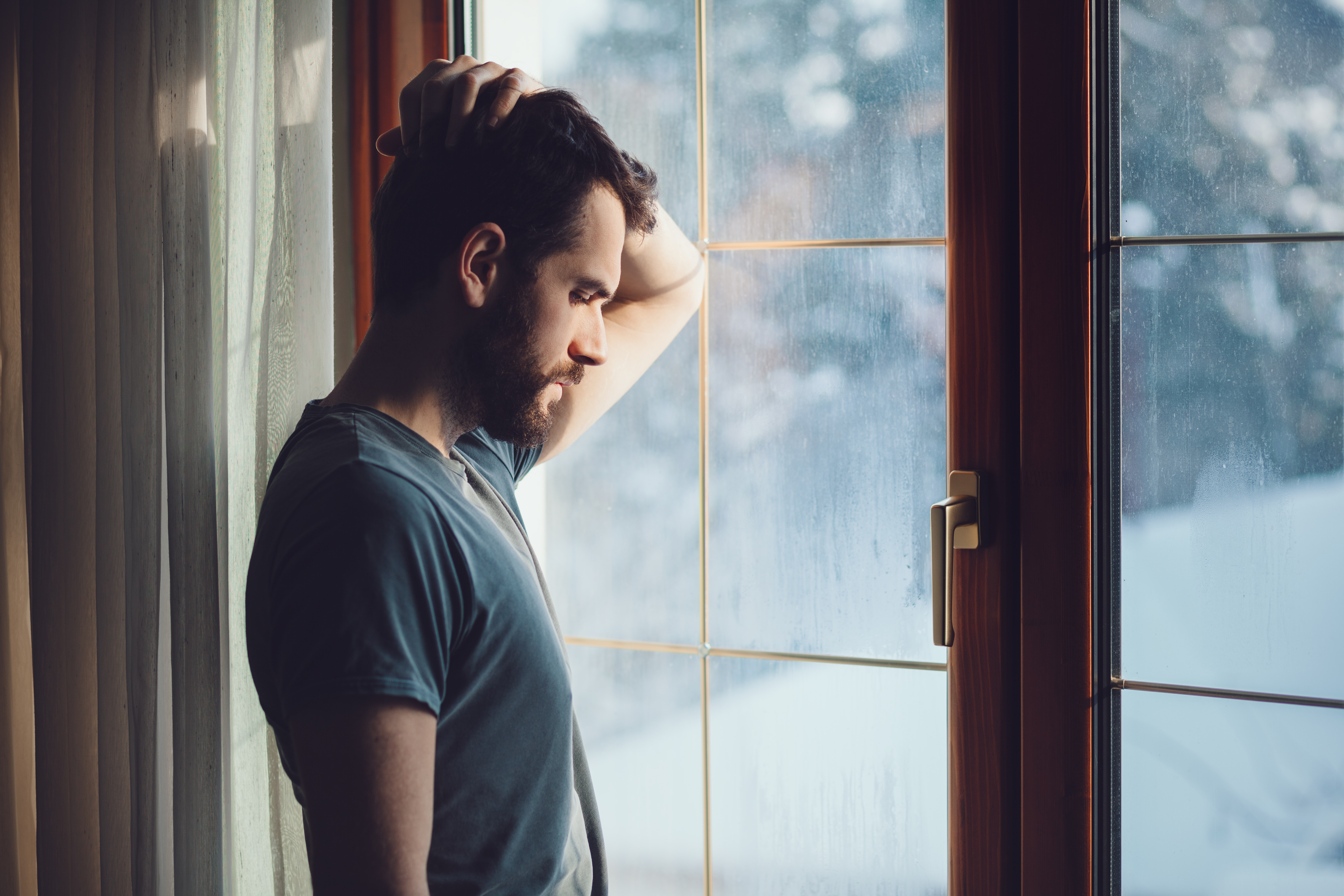Sleep Apnea & Your Mental Health
Life can be miserable when you’re not getting enough sleep. Missing out on sleep can increase your stress levels, the likelihood of making mistakes, and even put your job at risk. Sleep apnea causes patients to wake up several times throughout the night which can lead to dreaded, groggy mornings.
It’s no secret that people who enjoy a full night of sleep are more focused and sharp throughout the day. The good news is that sleep apnea treatment can help you get a peaceful night of sleep so you can enjoy the benefits throughout the day. To learn more about sleep apnea treatment in Silver Spring, MD, contact our office by calling 301-593-5500 to get started! We also proudly serve patients near Bethesda, Takoma Park, and Rockville.

Sleep Apnea & Mental Illness – Our Silver Spring Sleep Dentist Explains
Sleep apnea can increase your risk of depression, suicidal thoughts, and anxiety. If you already suffer from these mental illnesses, chronic fatigue will only make them worse.
Additionally, when you slip into your slumber, the final sleep stage called REM occurs after about 90 minutes. Dreaming occurs at this stage and it’s essential for learning and creating new memories. If you’re constantly interrupted by sleep apnea events, you won’t experience the benefits of a full night of rest and it can be nearly impossible to live up to your fullest potential.
Dr. Bassford Offers Sleep Apnea Relief Near Bethesda, MD
If you’re struggling with sleep apnea, Dr. Bassford is a sleep specialist near you at Silver Spring Sleep Solutions. She offers a compassionate, effective path forward. Conveniently located near Kensington, she provides custom oral appliance therapy—a comfortable, non-invasive alternative to CPAP machines. These appliances are designed to keep your airway open during sleep, reducing snoring and nighttime interruptions. Dr. Bassford works closely with each patient to develop a personalized treatment plan that supports better sleep and overall health. With her expert care, you can take control of your sleep apnea and start waking up feeling rested, clear-headed, and ready to take on the day.
Sleep Apnea Vs Mental Health Symptoms
It may be difficult to differentiate between sleep apnea symptoms and characteristics that define mental health issues. Symptoms such as irritability, trouble concentrating, and difficulty staying asleep can be found in both sleep apnea and certain mental illnesses.
Dr. Bassford, one of the best sleep dentists near Bethesda, MD, can review your symptoms to determine if you would benefit from a sleep study to diagnose sleep apnea. Once diagnosed with sleep apnea, we can begin treatment right away. Dr. Bassford customizes her treatments to meet the needs of each individual patient, so you can rest assured that you’re getting the help you need.
Frequently Asked Questions
Is there a link between obstructive sleep apnea and anxiety?
Yes, repeated awakenings and decreased oxygen levels caused by sleep apnea can disrupt your sleep pattern and contribute to feelings of anxiety and heightened arousal. Additionally, chronic sleep deprivation and daytime sleepiness associated with untreated sleep apnea can impact mood and increase the risk of developing or exacerbating anxiety disorders.
Can sleep apnea cause serious health conditions?
Yes, untreated sleep apnea can have significant consequences for overall health. The repeated pauses in breathing during sleep can lead to chronic oxygen deprivation and a range of potential complications, including:
- Cardiovascular problems
- Metabolic disorders
- Cognitive impairment
- Mood disorders
- Daytime sleepiness and accidents
- Liver problems
- Increased mortality risk
What is the best sleeping position for sleep apnea?
Sleeping on your side is generally considered the best position for those with sleep apnea. When you sleep on your back, gravity can cause the tongue and soft tissues in the throat to relax and obstruct the airway, leading to breathing difficulties and increased sleep apnea episodes. Sleeping on your side helps keep the airway open and reduces the likelihood of obstruction.
Can sleep apnea cause dementia-like symptoms?
Yes, sleep apnea can cause decreased oxygen supply to the brain and disrupt normal sleep patterns, resulting in cognitive impairments, such as memory problems, difficulties with concentration and attention, and decreased overall cognitive performance. These symptoms can resemble those seen in dementia or contribute to the progression of existing dementia.
Silver Spring Sleep Solutions Will Help You Enjoy the Benefits of a Full Night’s Rest
When you’re not sleeping well, it can affect nearly every aspect of your life. Dr. Bassford can help you on your journey to a better night’s rest so you can enjoy the benefits every day. Schedule your appointment at her sleep dentist office in Silver Spring, MD, by calling (301) 593-5500 or filling out our online contact form. We always look forward to helping patients in Silver Spring and the surrounding areas of Kensington and Wheaton-Glenmont, MD.
PHONE
OFFICE
10301 Georgia Ave, Suite 207
Silver Spring, MD 20902
